At the ripe old age of ninety-one, my grandmother has seen a lot in her life.
Alex GoikBlockedUnblockFollowFollowingDec 6
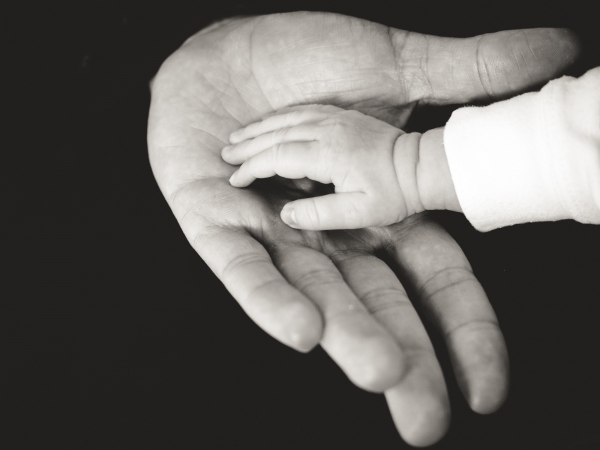
At the ripe old age of ninety-one, my grandmother has seen a lot in her life. Having grown up in Leipzig, Eastern Germany, during the second World War she vividly recounts escaping to an air raid shelter when the city was being bombed by allied forces. After being woken by the monotonous drone of warning sirens for the fifth consecutive night, she admits that on one occasion she remained in bed next to her sisters rather then make the hazardous journey to another cramped bunker. The family would awake the next morning to find several houses in their neighbourhood reduced to rubble.
Upon making the journey to Australia my grandmother recounts her first Melbourne Cup, “the race that stops a nation”. Walking through a street in Sydney, she was alarmed when people vanished inside shopfronts to tune into the event. For a brief instant she feared for the sound of warning sirens that forced her into an air raid shelter many years ago.
From a British colony located in an obscure part of the globe to a multicultural society, my grandmother witnessed the character of the country she emigrated to evolve dramatically. Discrimination on the basis of race or ethnicity was legally sanctioned in Australia until 1975. Though now inconceivable when viewed through the lens of contemporary standards, the reality is that when my grandmother stepped off the boat from Hamburg in Sydney in 1952, it was common practice for Aboriginal children to be taken from their families as part of the infamous White Australia Policy.
My grandmother lived through the Cold War, she witnessed the world order change, countless governments come and go and society’s morals and etiquette evolve beyond her recognition.
My grandmother clings to the systems and values of a bygone era. She writes letters religiously and frequently visits the post office. Her media diet consists of two sources — the newspaper and the 6:00pm news. She constantly frets about money despite having enough funds to live more than comfortably. Her days are spent knitting and reading romance novels. She feels ostracised by technology and avoids it like the plague. Finally, whenever I visit she rejoices in playing the exact same game of cards that she has played for decades (I admit she often comes away the grinning victor).
I see her watch me when I look down on my phone sometimes. The digital space which I’ve become increasingly involved in over the years is a realm wholly unknown to her. I ask my grandmother what she thinks about the internet. Her response is a grumble about the good old days of face-to-face contact and of the love and care that goes into crafting a handwritten response to someone. I find it difficult to convey to her what the internet means to me, why I believe it to be so significant. The rapid advance of human progress that runs parallel with my grandmother’s lifespan has widened the gap between us.
A New Dynamic of Age
My grandmothers peculiar existence within contemporary society is analogous of a more profound transformation, one that has ruptured the hierarchy demarcating society’s young and the old. In his ground-breaking book Homo Deus, award winning author and historian Yuval Noah Harari brilliantly articulates this development. Harari provides the example of a peasant society in 15th century Spain. In the hundred year span from 1500 to 1600, the mechanics of life in a rural part of Spain changed marginally — if at all. Bound by the constraints of space and time, the customs, techniques and values of people living during this period remained in a state of relative constancy. When this dynamic of stasis is taken into consideration, the concept of age takes on a different meaning.
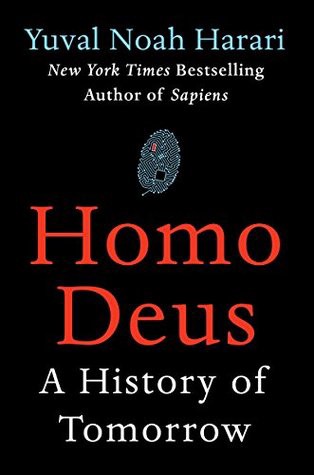
Lived experience is more valuable when the circumstances one is exposed to throughout life remain relatively stable. As an individual progresses through life, they gain an appreciation of the mechanisms that underpin their respective society. They develop a broad understanding of the institutions, moral codes and cultural practices that shape and direct human experience. This is why cultures around the globe have traditionally venerated older members of society. The historical hierarchy between young and old is reflective of the fact that older generations generally come to understand the world more comprehensively than their younger counterparts.
However daily existence in the year 2018 bears no resemblance to a life lived in the 16th century. The rapid advancements characteristic of the last two centuries of human civilisation have ruptured the natural hierarchy between young and old, bringing into question the utility of knowledge gained through lived experience. In the past, the journey from young to elderly expanded an individual’s knowledge of society and human reality. In our present age of flux and uncertainty, this process has reversed — as one grows older, the direction of mainstream culture becomes increasingly unfamiliar.
Consider the following value-sets typically attributed to the respective generational groups of our age:
The Post-War Generation practised stoicism in the face of adversity, even at the cost of their mental health and unresolved trauma. My grandmother has therefore never been able to offer my parents advice concerning how to openly express their feelings, nor understood the therapeutic benefits of doing so.
To avoid the poverty and hardship experienced by their parents, the Baby-Boomers came to place a premium on job security and stability. My parents can therefore offer me little advice about how to navigate an increasingly complex labour market characterised by casualisation and scarcity.
As a Millennial, I came of age at a time when the development of digital technology exploded. I therefore have limited advice to give to the generation below me who are growing up in a world in which technology has become an inextricable component of everyday existence.
These new dynamics do not only detract from the ability of different age groups to relate to one another, in doing so they also give rise to a plethora of generational conflicts. As articulated by American Journalist Walter Lippmann in his 1922 book Public Opinion:
“Each new generation is the casual victim of the way a previous generation was conditioned as well as the inheritor of the environment that resulted”
Never has this fact been more true than it is today. Consider the many struggles being waged within contemporary society. Action on climate change, womens rights, gun control, LGBTQ acceptance, work-life balance — at the core of all of these issues lies divergent generational judgements concerning how society ought to function. In other words, these are all expressions of a broader contestation between the overarching ideas of different lifetimes.
It is perhaps no surprise then, that our governments — institutions comprised of a core of senior decision-makers — are increasingly viewed as inflexible and out of touch with the majority of people which they supposedly govern. In the past, it made considerable sense to place senior members of a society in positions of authority. However we continue the drift into unfamiliar waters, waters in which the wisdom of old age can no longer serve as one of our guiding compasses.
If you pause and reflect on the age of world leaders, all save a few are members of the Baby-Boomers. Angela Merkel, Xi Jinping, Donald Trump, Theresa May, Shinzō Abe — such individuals belong to an age group conditioned by unique historical developments. On the surface the values shared by these leaders might not appear immediately obvious, yet peer a little deeper and the worldview espoused by each is strikingly similar. A prime example is the eerie semblance between Donald Trump’s “Make America Great Again” slogan and Xi Jinping’s “The great revival of the Chinese Nation” (in Chinese: 中华民族伟大复兴). These slogans championed by the presidents of two opposing countries demonstrate the centrality of nationalist thinking within their conceptualisation of world order.
In contrast, consider the more recently elected leaders of Canada and France in Trudeau and Macron. As members of a younger generation, aged forty-six and forty respectively, these two presidents have coalesced on several prominent issues. For one, the duo are demonstrably more internationalist leaning, having warned against the perils of rising popularism and nationalist thinking gripping much of the Western world. Another shared characteristic is that each push for action on climate change to feature at the top of the global agenda. In line with the 2015 Paris Agreement, in April 2018 the two leaders agreed on a new France-Canada partnership on climate change, advocating for a global price on carbon and reductions to transport-related emissions. Finally, both the policies of Trudeau and Macron are visibly aligned on the issue of net neutrality. Although it would be erroneous to assume that age is the one determining factor impacting the policies and values of world leaders, strong correlation is undeniable.
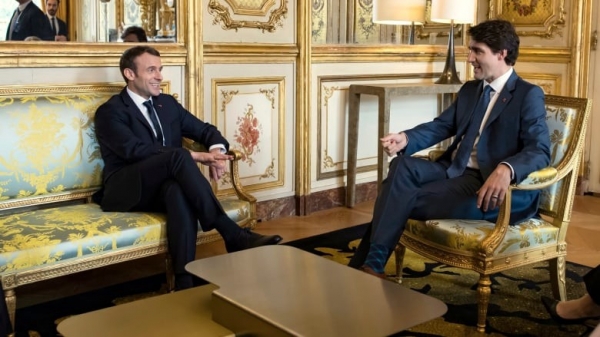
This is not an argument designed to antagonise age groups and pit them against one another. On the contrary, it is an attempt at shedding light on the impact that the increasing pace of technological progress is having on inter-generational understanding and negotiation. We inhabit a shared and rapidly changing world. As society progresses in leaps and bounds, we are becoming less and less adept at relating to one another while our institutions fail to keep pace with evolving values. To account for this new dynamic, governance is going to need to become more reflexive and adapatble to a shifting political landscape. Ultimately politics will need to become a better negotiated space, a space mediated by the balanced input of different generations and their perspectives.
Alex Goik is a Media Analyst and a PHD candidate at the University of Wollongong. He commonly writes for Mogul News and at Foreign Affairs Navigator where he strives to offer fresh perspectives on foreign affairs, tech and China (coupled with the odd analysis of human nature).
Disclaimer: The views expressed in this text belong solely to the author and not those of their employer.

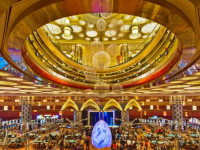


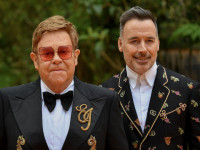






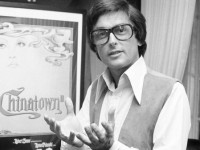





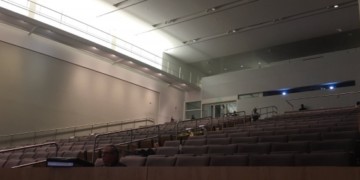

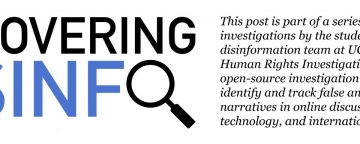
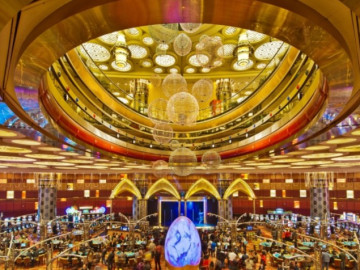


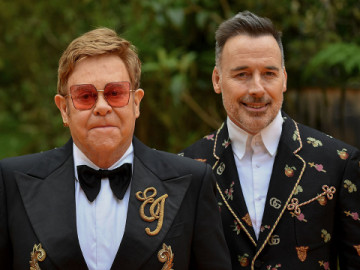
Connect with us